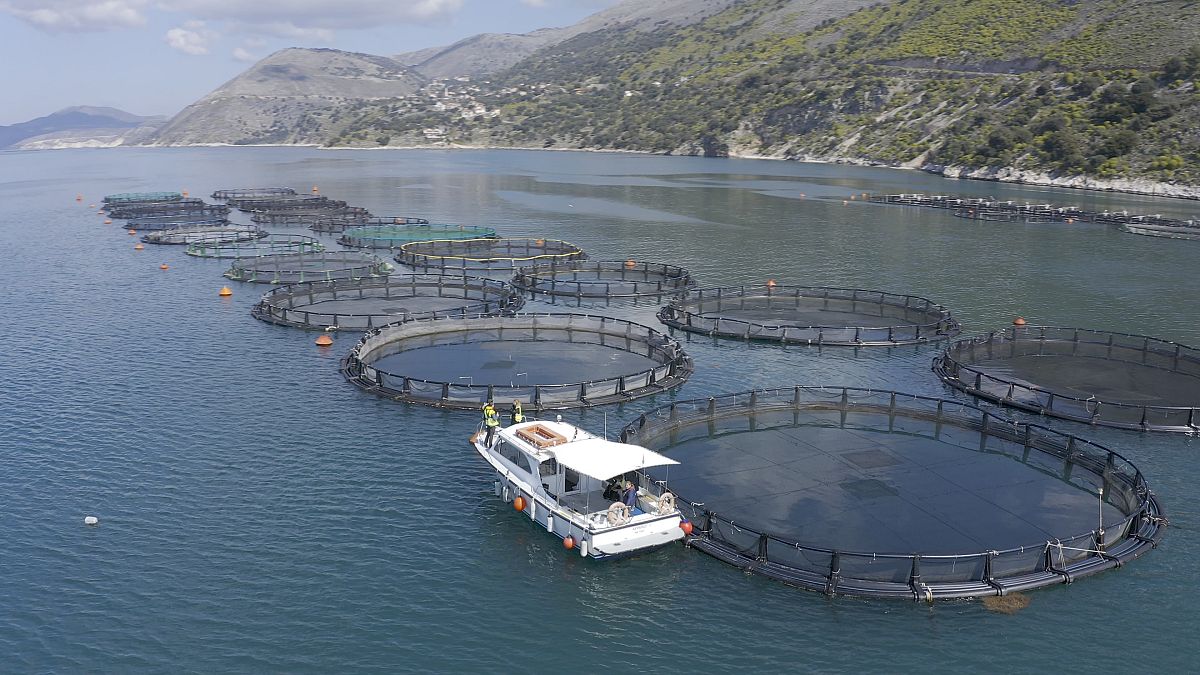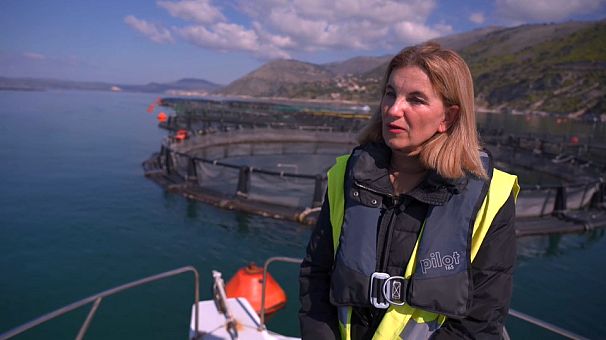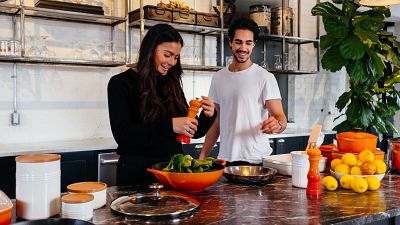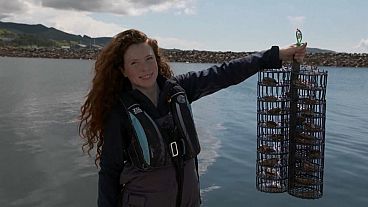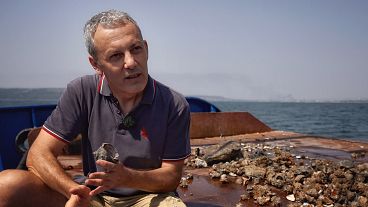Ocean speaks to Ismini Bogdanou, Director of Communications & PR at the Hellenic Aquaculture Producers Organization (HAPO) about the need for more gender diversity in Europe's fisheries and aquaculture sector.
Women make up only 23% of Europe’s total aquaculture workforce. Moreover, female employees in the EU’s seafood sectors tend to occupy what are considered low-valued positions. Often their work goes unrecognised - they are poorly paid or in some cases not paid at all.
The industry increasingly sees this lack of gender balance as a problem. Outdated societal perceptions and lack of awareness among young women about the job opportunities in the fishery sector, including aquaculture, are blamed for this imbalance.
In Greece, the Hellenic Aquaculture Producers Organization promotes greater gender equality by running awareness-raising campaigns, particularly for those students thinking about their future careers.
Ocean spoke to Ismini Bogdanou, Director of Communications & PR at the Hellenic Aquaculture Producers Organization (HAPO):
She says aquaculture is a great Greek employer.
"Indirectly, we employ 12,000 people, and directly 5,000 people, mostly in rural areas. It's very important for the families and the local communities because these areas are not always areas that have other sources of income."
Bogdanou goes on to say that women are often concentrated in certain parts of the industry, especially the packaging sector, but explains there are plenty of different jobs within the sector.
"When people think of aquaculture, the only thing they can imagine is people working in difficult conditions in the sea, around the cages, or in packaging facilities where the temperature is quite low. Young women do not have the knowledge on how many positions they could possibly be employed in aquaculture, from scientists to marketing, sales, lawyers and all stages in between."
Summing up Bogdanou believes diversity within the fishery industry could bring about positive transformation.
"We need diversity and we need transformation. Women have the capability to be very adaptable, to work well with other people. They're good negotiators, and they're very applied in the job. Plus they are very focused. It would be good for the sector to be diverse, to introduce not only women, but older and younger people, bring new ideas, new technology, people from abroad that come with advanced ideas on how to work in aquaculture.
"This would create a great disruption in the way we work today."
